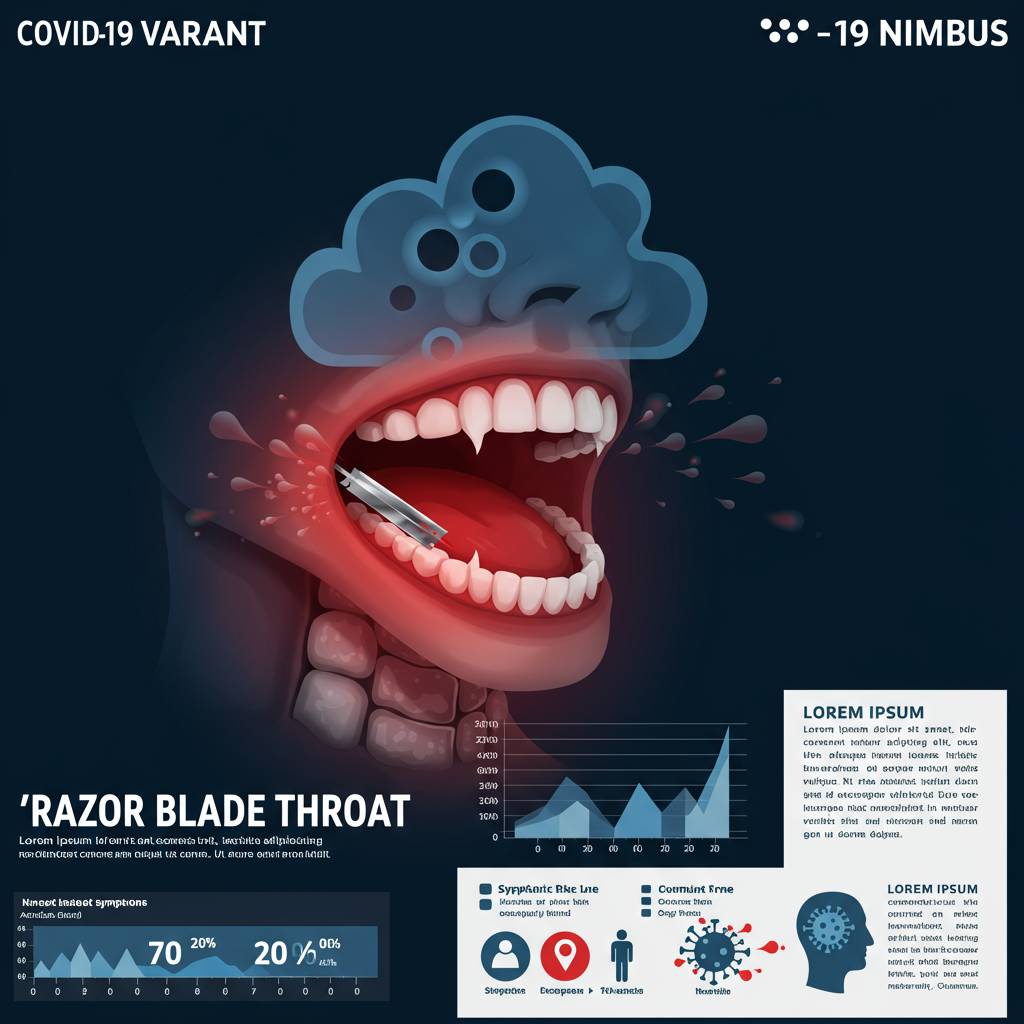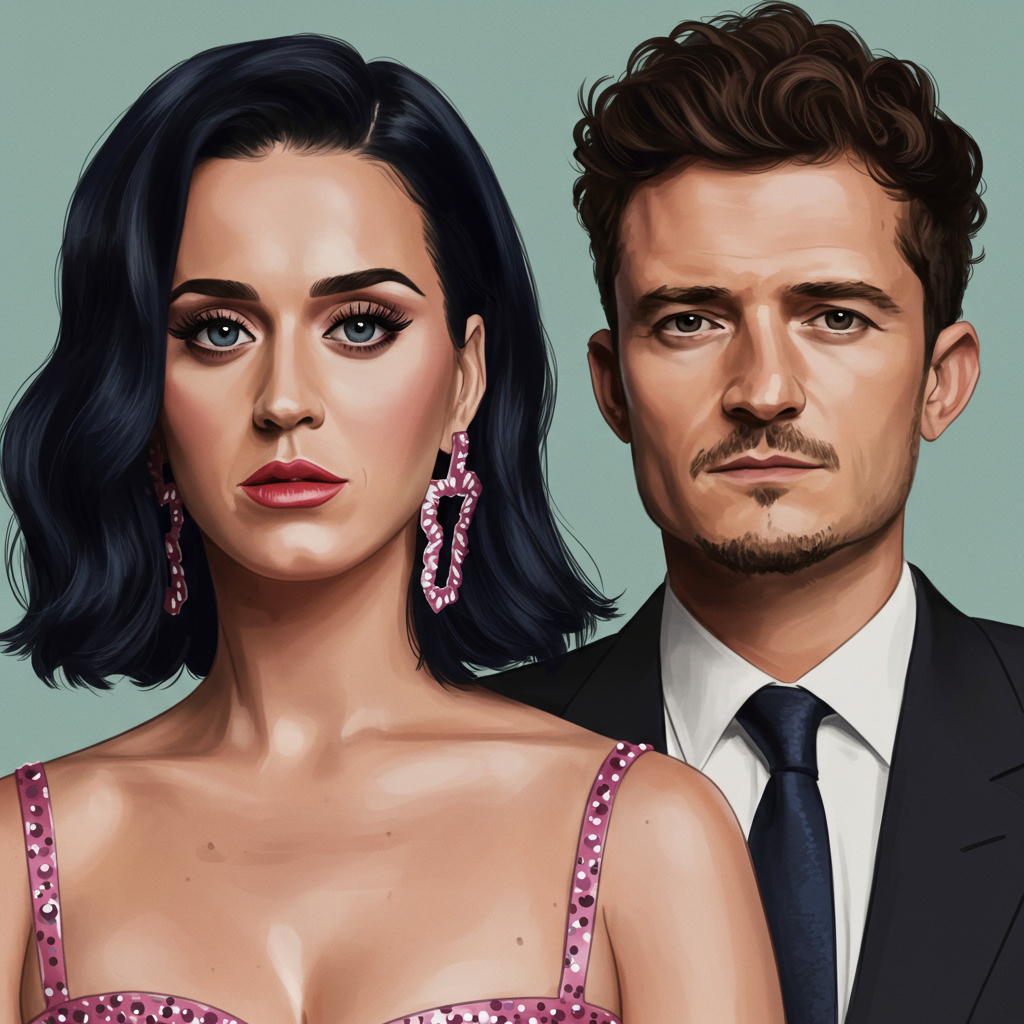When US President Donald Trump commented on Liberian President Joseph Boakai’s “good English” and inquired about his schooling, the exchange highlighted a unique, centuries-old relationship often overlooked on the global stage. Far from a simple compliment or question, the remark inadvertently shone a spotlight on the deep historical and cultural bonds between the two nations. Understanding Liberia’s journey requires appreciating its founding by freed African-American slaves and its enduring connections to the United States. This history explains why English is the official language and why many Liberians speak with an American intonation.
Liberia stands out as the first independent republic in Africa. Its very existence is intrinsically linked to the American story. Founded in 1822 by the American Colonization Society (ACS), the nation was established as a homeland for freed African-American slaves and liberated Africans rescued from trans-Atlantic slave ships. Thousands made the perilous journey, settling in West Africa during the colonial era.
The country declared its independence in 1847. Notably, former US President Abraham Lincoln officially recognized this independence in 1862, even amidst the American Civil War. Despite gaining sovereignty, Liberia remained firmly within the American sphere of influence for many decades. This integration profoundly shaped Liberian culture, institutions, and even its physical landmarks, leaving an indelible African-American imprint.
The Americo-Liberian Legacy
The descendants of these initial settlers became known as Americo-Liberians. For over a century, this group held significant political and social dominance in Liberia. Ten of the country’s first 26 presidents were actually born in the United States, underscoring the early ties. This prolonged dominance by the Americo-Liberian community, however, led to resentment among various indigenous Liberian groups.
Tensions culminated in a violent coup in 1980. The last president from the Americo-Liberian community, William Tolbert, was overthrown and killed during this tumultuous event. Today, Americo-Liberians constitute a smaller portion of the population, estimated at around a quarter. While English serves as the official language and the medium of instruction in schools, the nation is linguistically diverse. More than two dozen indigenous languages are spoken across the country. President Joseph Boakai, for instance, hails from the Kissi ethnic group. His mother tongue would have been Kissi, with English learned later through formal education.
Echoes of America in Liberia’s Capital
Liberia’s capital city, Monrovia, serves as a powerful testament to the nation’s American origins. The city was deliberately named in honor of America’s fifth President, James Monroe. President Monroe was a vocal and active supporter of the American Colonization Society’s mission to resettle freed slaves in West Africa, a project that directly led to Liberia’s founding.
The early architecture of Monrovia was heavily influenced by American building styles. Many streets within the city bear names of colonial American figures, reflecting the ACS’s foundational role and the historical ties to the United States. Even key institutions echo American names. Monrovia’s main hospital, a critical healthcare facility, is called the John F. Kennedy Medical Center (JFKMC), named after the former US president.
A Flag of Shared Stripes
Perhaps one of the most striking visual parallels between the two countries is their national flag. The flag of Liberia bears a strong resemblance to the American flag. It features 11 alternating red and white stripes and a blue square in the upper hoist corner containing a single white star. The single star is symbolic; it represents Liberia’s unique status as the first independent republic on the African continent.
Comparing it to the US flag highlights the connection. The American flag has 13 stripes, symbolizing the original 13 colonies, and 50 stars, one for each state. The Liberian flag’s design wasn’t coincidental; it was created by a committee of seven black women, all of whom were born in America. This design choice further solidified the visual and symbolic link between the two nations.
From Soccer Legend to Political Leader
Liberia has produced globally recognized figures, particularly in sports and politics. One such prominent family is the Weahs. George Weah is a legendary Liberian football (soccer) player. He achieved international fame, becoming the only African player to ever win the prestigious Ballon d’Or award in 1995 while playing for the Italian club AC Milan. His fame and popularity transcended sports, leading him to a successful political career. George Weah was elected President of Liberia in 2018.
His son, Timothy Weah, has followed in his father’s football footsteps, albeit with a different national allegiance. Timothy Weah is a professional football player currently playing for Italian club Juventus. Significantly, Timothy also represents the United States national football team. Born in the US, his career path reflects the continuing, albeit evolving, links between the families and cultures of both nations.
Africa’s First Elected Female President
Liberia also holds the distinction of electing Africa’s first female head of state. Ellen Johnson Sirleaf served as Liberia’s President from 2006 to 2018. Her election came just two years after the devastating Liberian civil war concluded, marking a pivotal moment for the nation’s recovery and democratic future.
Johnson Sirleaf’s background also includes significant American connections. She pursued higher education in the United States, studying at Madison Business College before attending Harvard University, where she graduated with a degree in economics. Throughout her presidency, she received widespread international recognition for her efforts in maintaining peace and promoting women’s rights in post-conflict Liberia. Her work earned her, alongside Leymah Gbowee and Tawakkul Karmān, the Nobel Peace Prize in 2011. Forbes magazine recognized her global influence, listing her among the world’s most powerful women in 2016.
Economic Ties: The Giant Rubber Plantation
Beyond history and culture, economic links form another strong connection, most notably through the Firestone Natural Rubber Company. Liberia is home to the world’s largest contiguous rubber plantation, a vast estate measuring 185 square miles (approximately 479 sq km). This massive operation is owned by Firestone Liberia, a subsidiary of the major US tire manufacturer.
The plantation was established in 1926. Its creation was strategically motivated; it aimed to provide the United States with a reliable and direct source of rubber at a time when global rubber production was largely controlled by the British Empire. Today, Firestone remains Liberia’s largest private sector employer, providing jobs for over 4,000 workers.
The company’s history in Liberia has not been without controversy. Accusations of human rights abuses have been leveled against Firestone, dating back nearly to the plantation’s founding. A United Nations report in 2006 investigating Liberia’s rubber industry highlighted concerns. The report noted that plantation workers faced hazardous conditions without adequate training or safety gear. It also alleged unfair wages, lack of the right to strike, and frequent use of child labor on the plantations. Firestone has consistently denied these allegations. In 2011, a US court cleared the company of using child labor. Despite the controversies, rubber remains one of Liberia’s primary export commodities, with the United States continuing to be its largest market.
Understanding Liberian Perspectives
The varied reactions among Liberians to President Trump’s comments underscore the complexity of the relationship and perceptions. Liberia’s Foreign Minister, Sara Beysolow Nyanti, downplayed the moment. She suggested that the remark reflected a broader global lack of understanding about the linguistic diversity of the African continent, which she correctly described as multilingual. Minister Nyanti believed President Trump likely heard President Boakai’s American-English intonation, a familiar sound rooted in shared history, and simply commented on it. She publicly stated that the Liberian delegation was “not offended at all” and noted that substantive discussions on shared history occurred away from the cameras.
However, this official stance was not universally shared. Many other Liberians voiced confusion, disappointment, or outright offense. Some felt the comment indicated a lack of proper briefing for the US president regarding Liberia’s history and its status as an English-speaking nation with a rich educational tradition. For some, like human resources professional Henrietta Peters Magbollah, the surprise expressed by Trump reflected a deeper, more problematic issue: global ignorance about African nations, often reduced to simplistic narratives of war, poverty, or lack of education.
These sentiments were amplified by a broader sense of betrayal felt by some Liberians following recent US policy shifts. The dissolution of the U.S. Agency for International Development (USAID) in Liberia and a stated move away from a “charity-based” aid model sent shockwaves through a nation where American support has historically been crucial, at times constituting almost 2.6% of the Gross National Income – the highest percentage globally. Given Liberia’s close historical ties and reliance on aid, many had hoped their nation would be spared from such changes. The “big brother” narrative Liberians often apply to the US adds another layer to these reactions.
Conversely, some Liberians aligned with the Foreign Minister’s view. Lawyer and politician Kanio Gbala interpreted the remark as a genuine compliment on President Boakai’s fluency and command of English. He argued there was no evidence of sarcasm and suggested that interpreting it as disrespectful might be driven by political agendas. The differing interpretations highlight the nuances of cross-cultural communication and the sensitivity surrounding historical power dynamics. The incident ultimately served to remind observers just how intertwined, and sometimes misunderstood, the histories of Liberia and the United States remain.
Frequently Asked Questions
Why is English the official language of Liberia, given its location in West Africa?
English is Liberia’s official language primarily because the nation was founded in the 1820s by freed African-American slaves and liberated Africans with the support of the American Colonization Society (ACS). These settlers brought the English language and American customs with them. Although Liberia is a multilingual country with over two dozen indigenous languages spoken, English was established as the language of government, education, and business from its founding and remains so today due to these unique historical ties to the United States.
What are some specific examples of American influence visible in Liberia?
American influence is deeply embedded in Liberia. Its capital city, Monrovia, is named after US President James Monroe. The Liberian flag design strikingly resembles the American flag, featuring red and white stripes and a blue field with a single star. Early architecture in Monrovia mirrored American styles, and many streets bear the names of colonial American figures. Even major institutions like the John F. Kennedy Medical Center in Monrovia are named after US presidents, reflecting the enduring connection.
How did Liberians react to President Trump’s comment about President Boakai’s English?
Reactions among Liberians were mixed. The Foreign Minister stated the government was not offended, attributing the comment to a lack of global understanding about African languages and suggesting Trump may have simply recognized the familiar American-English intonation. However, many citizens, including opposition figures, expressed confusion or offense, viewing the remark as condescending or ignorant of Liberia’s history and status as an English-speaking nation. Some saw it as reflecting broader negative stereotypes about Africa, while others interpreted it as a genuine compliment.
The historical threads weaving together Liberia and the United States create a rich tapestry. From the founding by freed slaves to shared symbols like the flag and figures like the Weahs and Ellen Johnson Sirleaf, the connection is undeniable. While interactions like President Trump’s recent comment can spark debate, they ultimately draw attention back to this unique relationship. Understanding Liberia means understanding this history, recognizing the complexities it has created, and appreciating the enduring ties that bind these two nations across continents.
Word Count Check: 1174



